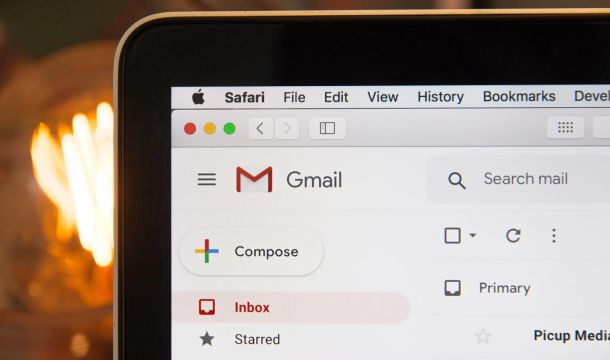The federal E-Verify system was started in the 1990s as a voluntary program, but became mandatory for federal contractors in 2009. Even among employers signing up for E-Verify, however, collected data indicates that many employers sign up for E-Verify but do not use it, at least not in all cases. For example, it has been reported that Georgia has the most enrolled businesses, but also has the lowest percentage of enrollees that actually use E-Verify in the hiring process, around 23%.
Later, many states began enacting law requiring their own contractors to participate in E-Verify, particularly in the Southeast, and many states require certain private employers to enroll in E-Verify regardless of their government contracting status. For example, seven states in the Southeast have such laws applicable to private employers of a certain size, but only one of these states, South Carolina, has ever conducted an audit, and only one other state, Tennessee, has ever assessed a fine. None of them has ever cancelled a single business license.
While many bills have been introduced in Congress to make the national federal E-Verify system mandatory, such bills have never passed either House of Congress. Nevertheless, voluntary use of E-Verify by private employers appears to be expanding, as employers fear immigration actions and feel that use of E-Verify provides additional legal support for their business practices.
Related Content
Get Email Updates
Recent Content

TPS Update (as of 2/6/2026)

Job Interviews Can Be a Good Selection Device

Suggestions on How to Diffuse a Tense Situation

Employers Blame Unions for Recent Shutdowns

$27 Million Verdict against Employer on Disability Discrimination over Refusal to Return Employee to Work



